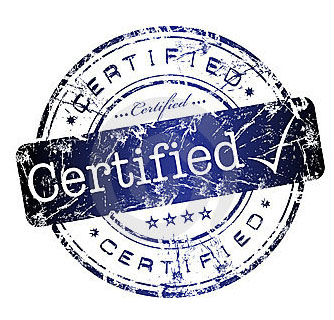
Theodor Horydczak Collection (Library of Congress)
I've been incredibly fortunate in finding mentors thus far, so I'm glad the CPD-ers have mentioned the uncertainty and trepidation that can accompany such a venture.
I can actually describe two different processes of mentorship that I've experienced:
1) Put yourself out there
2) Get lucky and reciprocate like crazy
1) The first process happened with one of my professors in library school, who later became my academic advisor. But she nearly wasn't, because I almost lost my nerve standing outside her office that spring semester, my hand hovering in mid-air...
I was already 99.7% sure that she wouldn't be interested in taking on an advisee -- she was a dynamic force in the department, and all of her students either loved her or respected her thoroughly. And here I was, with just a semester and her whirlwind intro class under my belt, imagining that she'd want to talk to me.
We had already had contact during the class, since she made herself extremely available and I was extremely determined to make sure I understood the concepts. So I knew we had a pretty good rapport, and shared some interests.
But boy, knocking on that door was scary.
It turned out for the best -- my professor graciously became my advisor and offered guidance and support through several fraught application processes, including an overseas course and a fellowship.
Whew!
2) The second path consisted of finding a job with a supervisor who believes her professional responsibilities include fostering her employees' professional development. I have yet to meet someone so willing to give back to the profession by sharing with librarians new and experienced alike -- my class came to meet her on a 'field trip' and she soon had a group of eager students planning to meet up with her at an upcoming conference.
So I couldn't take much credit at all for this relationship, except in my reaction (i.e. reciprocation). Every opportunity she presented, in the forms of projects, classroom observations, meetings with vendors -- I jumped into with all my energy and effort. And I constantly expressed my gratitude and commitment in my work, looking for better ways to coordinate at the desk, noting cycles of student use, and generally using my position on the 'front lines' to gather information and suggest improvements in our library operations.
In summary, I can't claim credit for either of these mentorships -- because they are reciprocal exchanges, after all. But I can say that if you find the right person and (*gasp*) take the leap, you'll get many rewards in putting in the time and effort to develop relationships with your fellow librarians.





